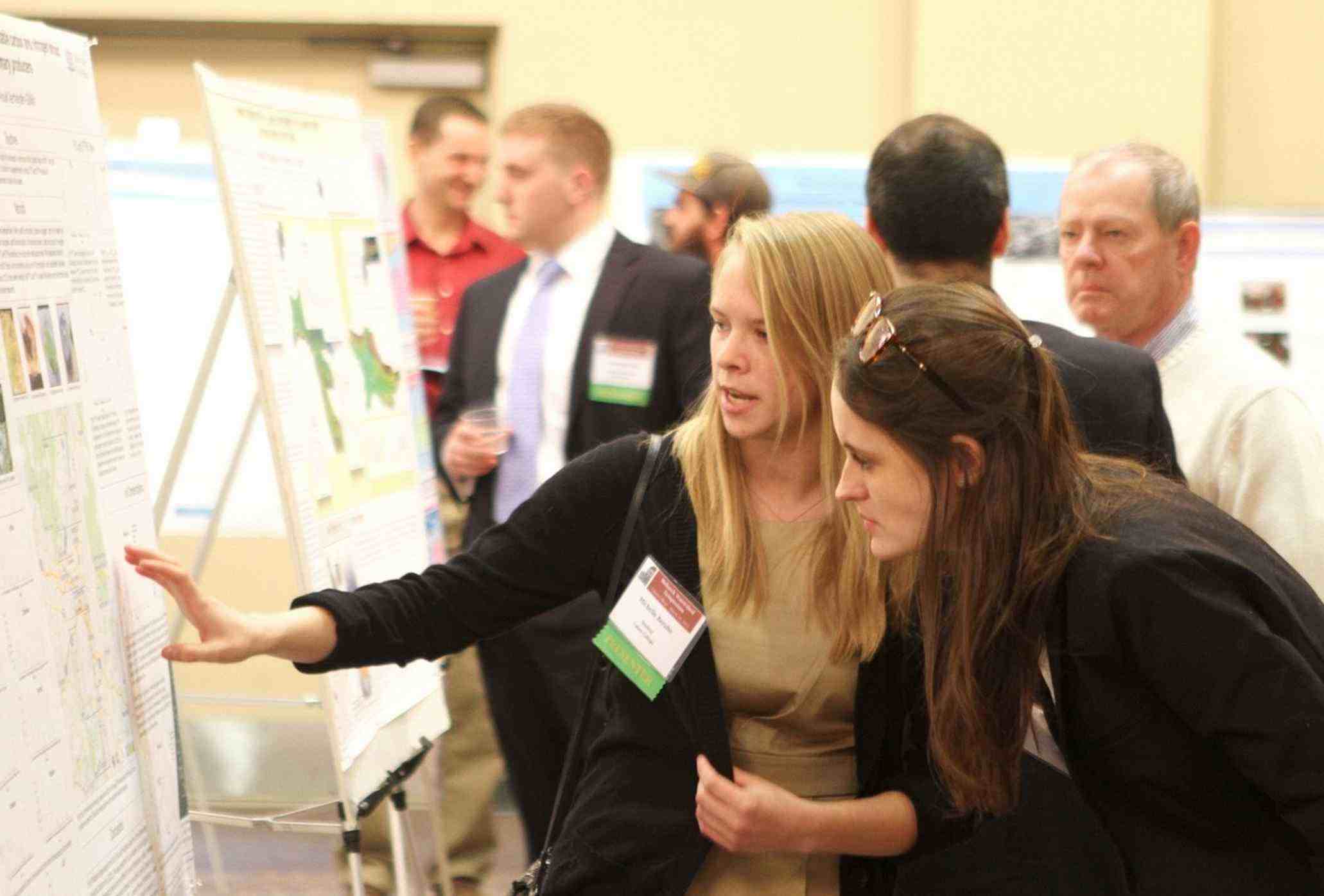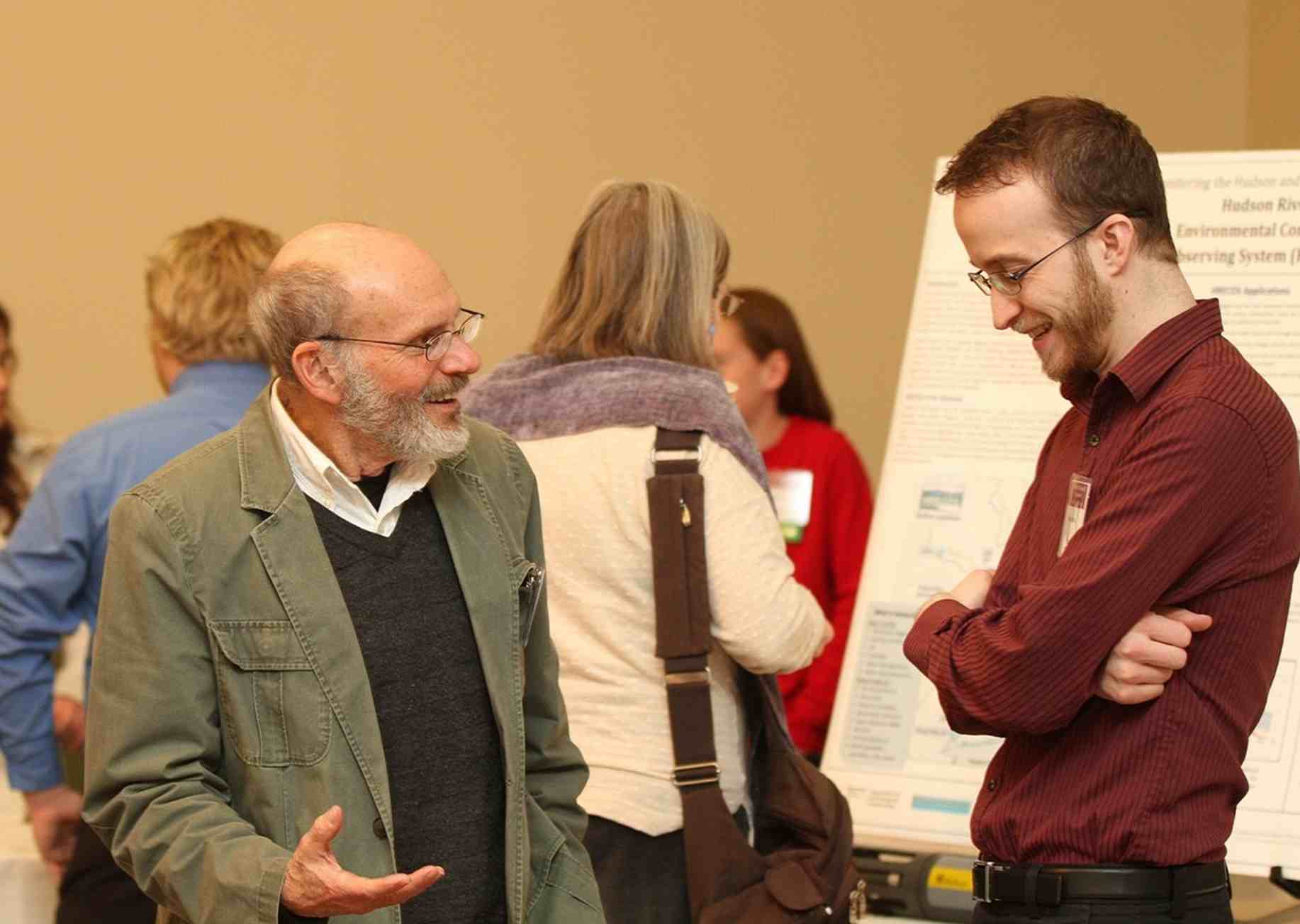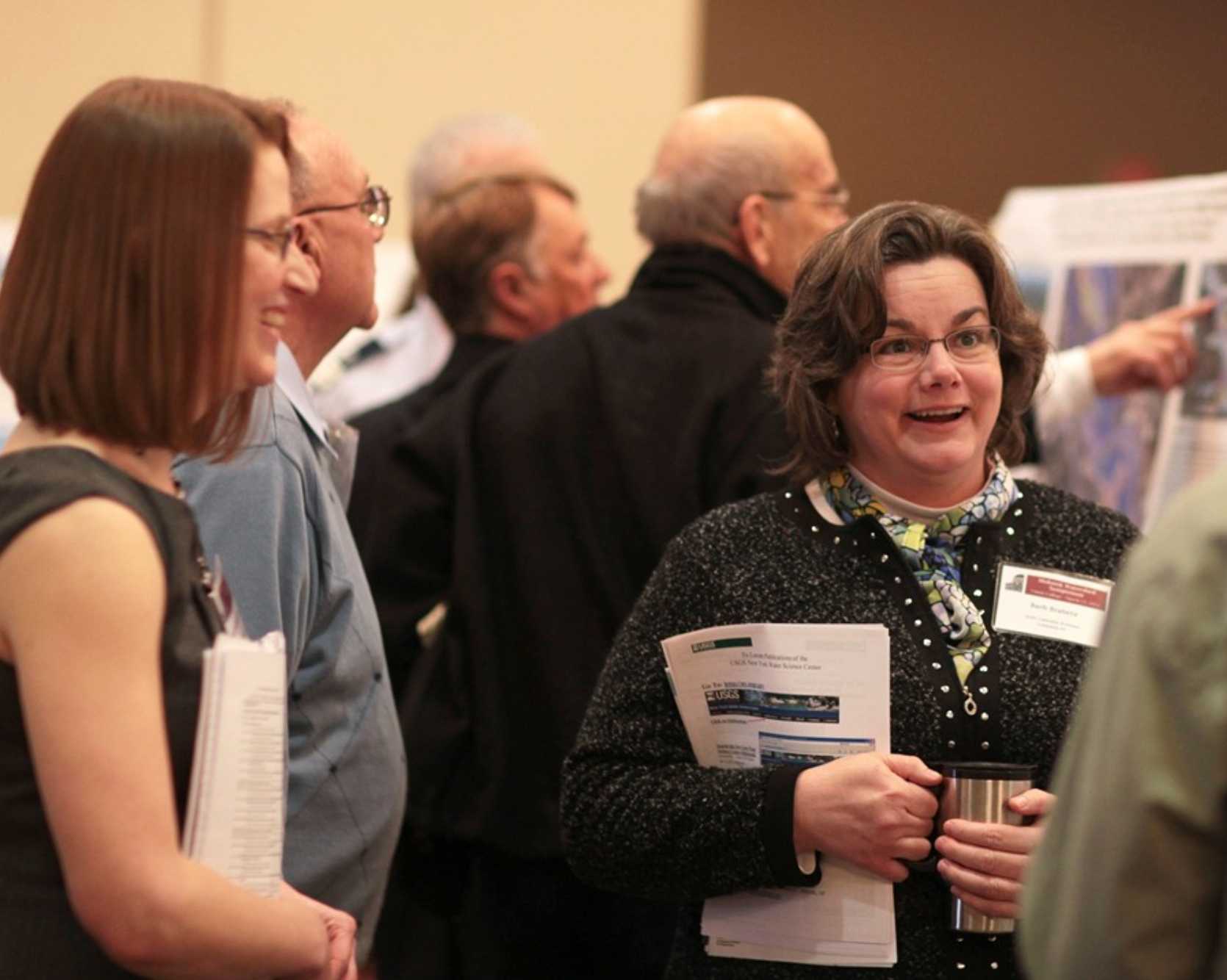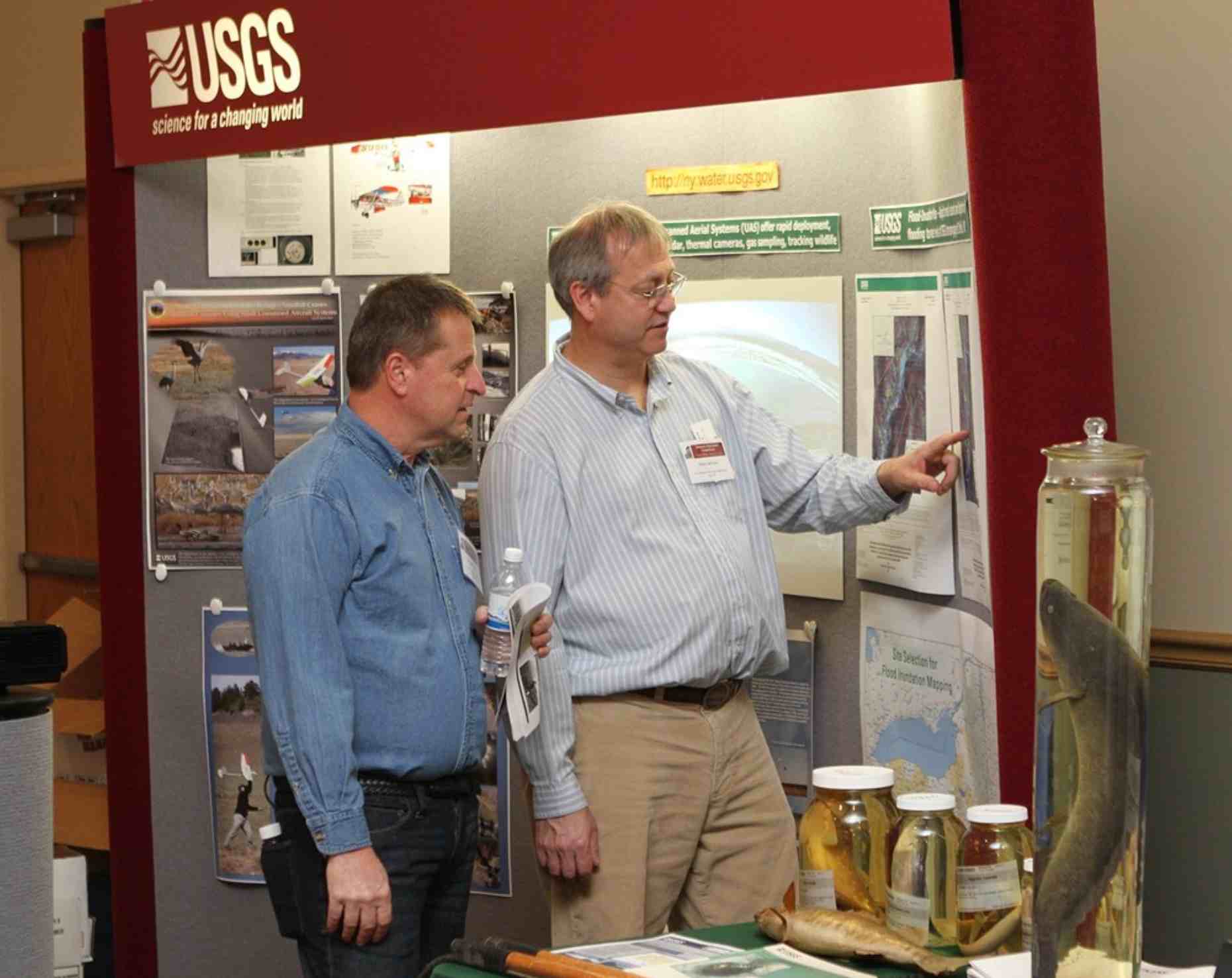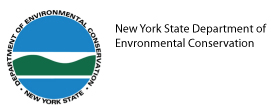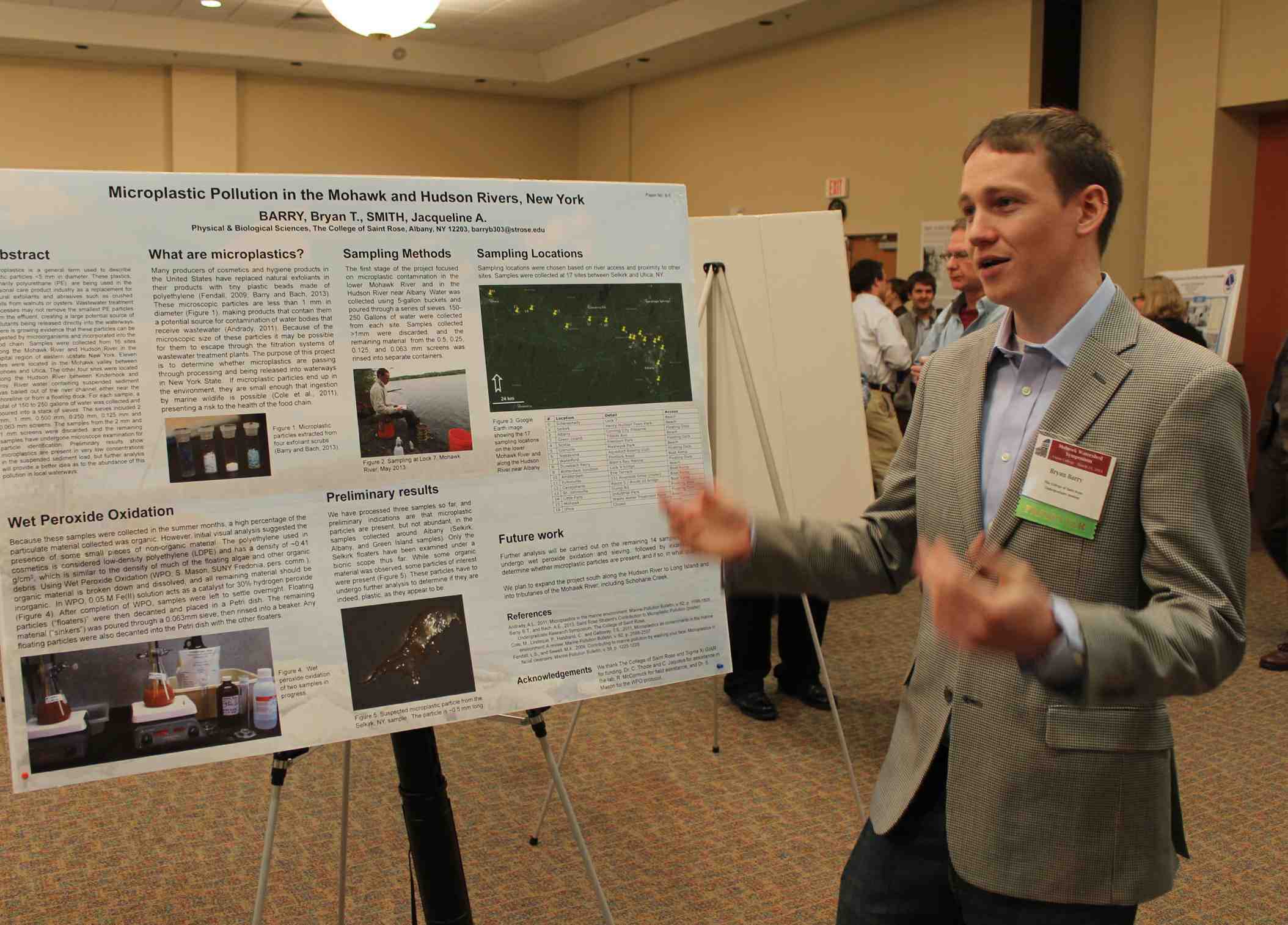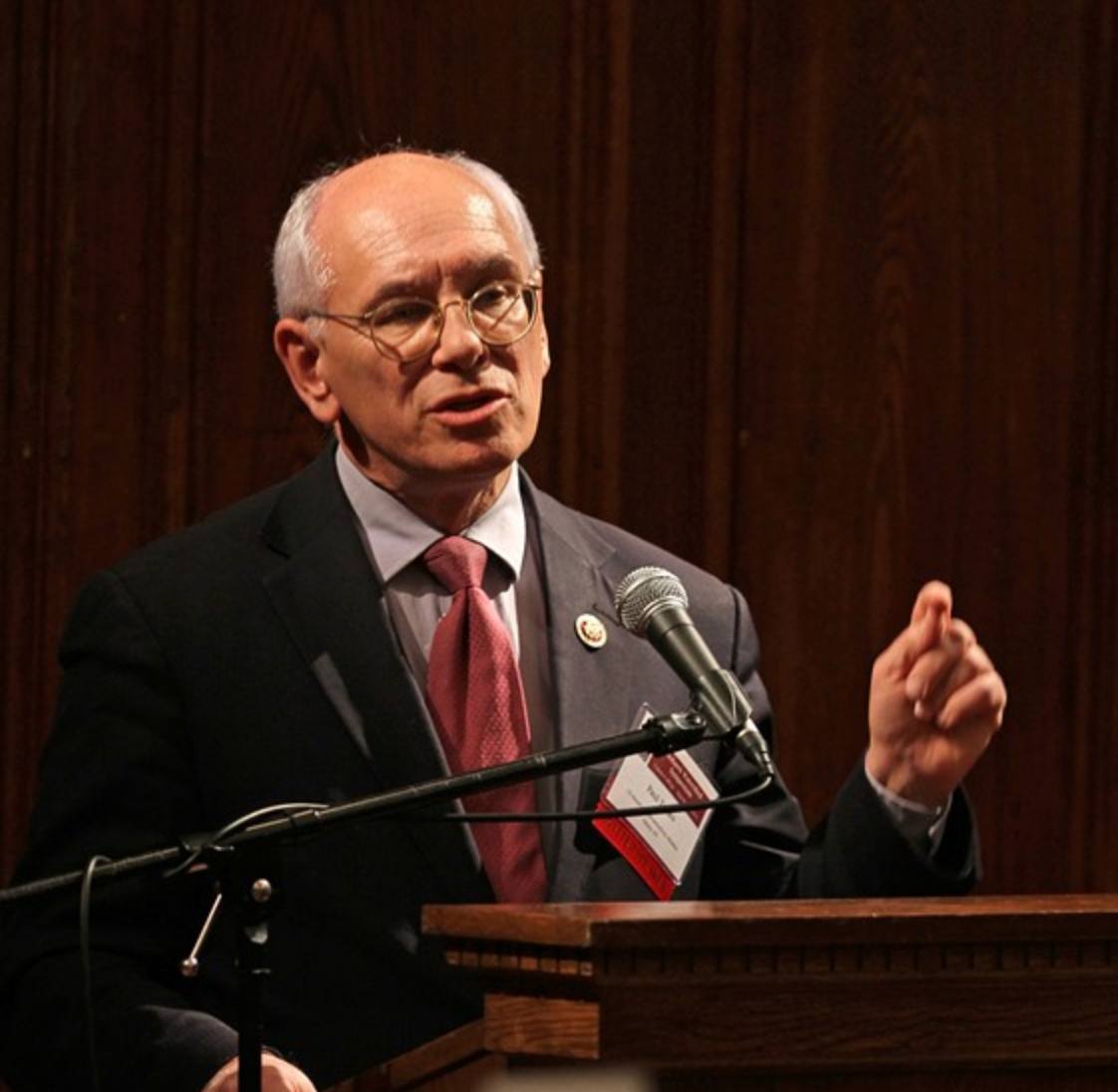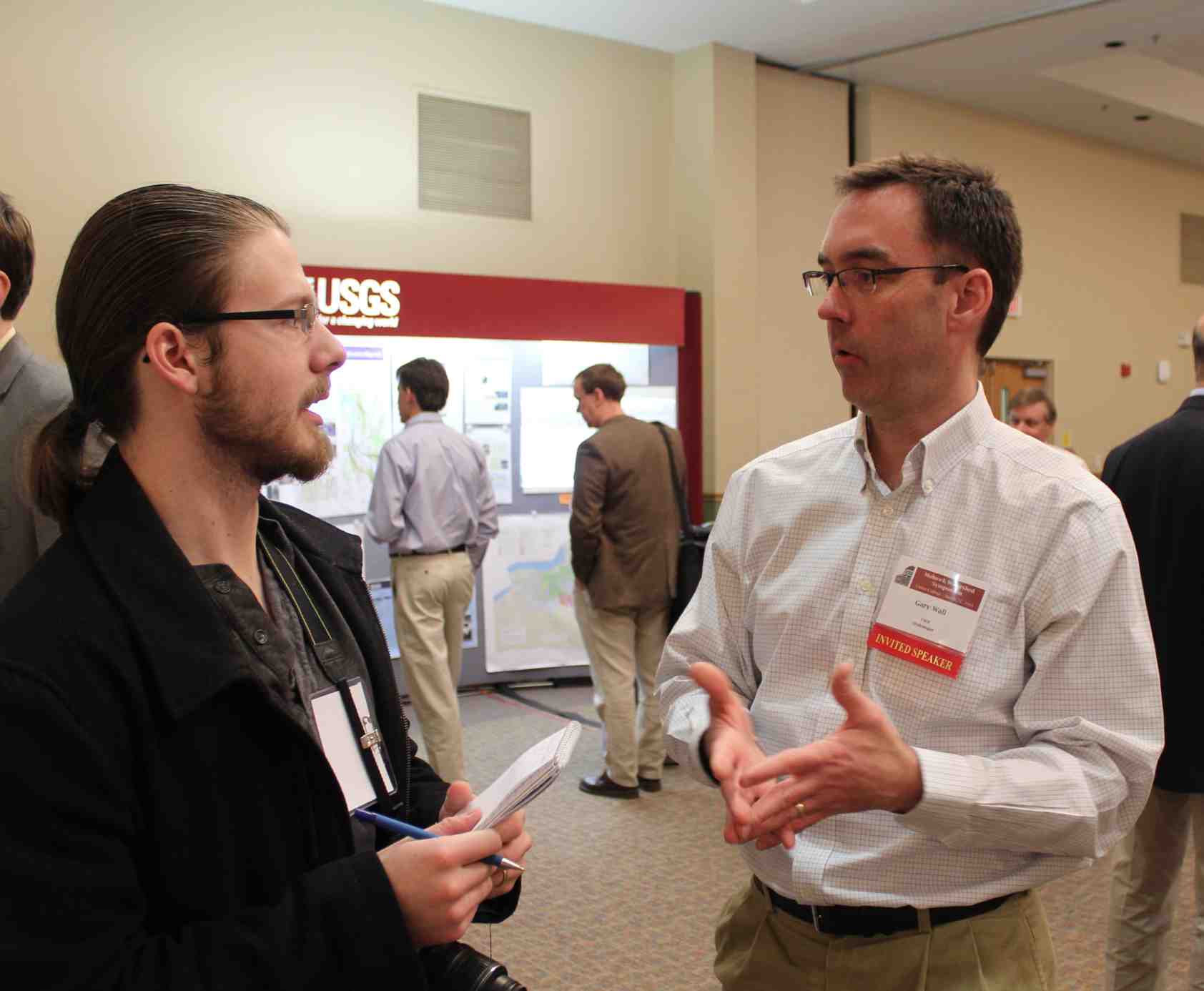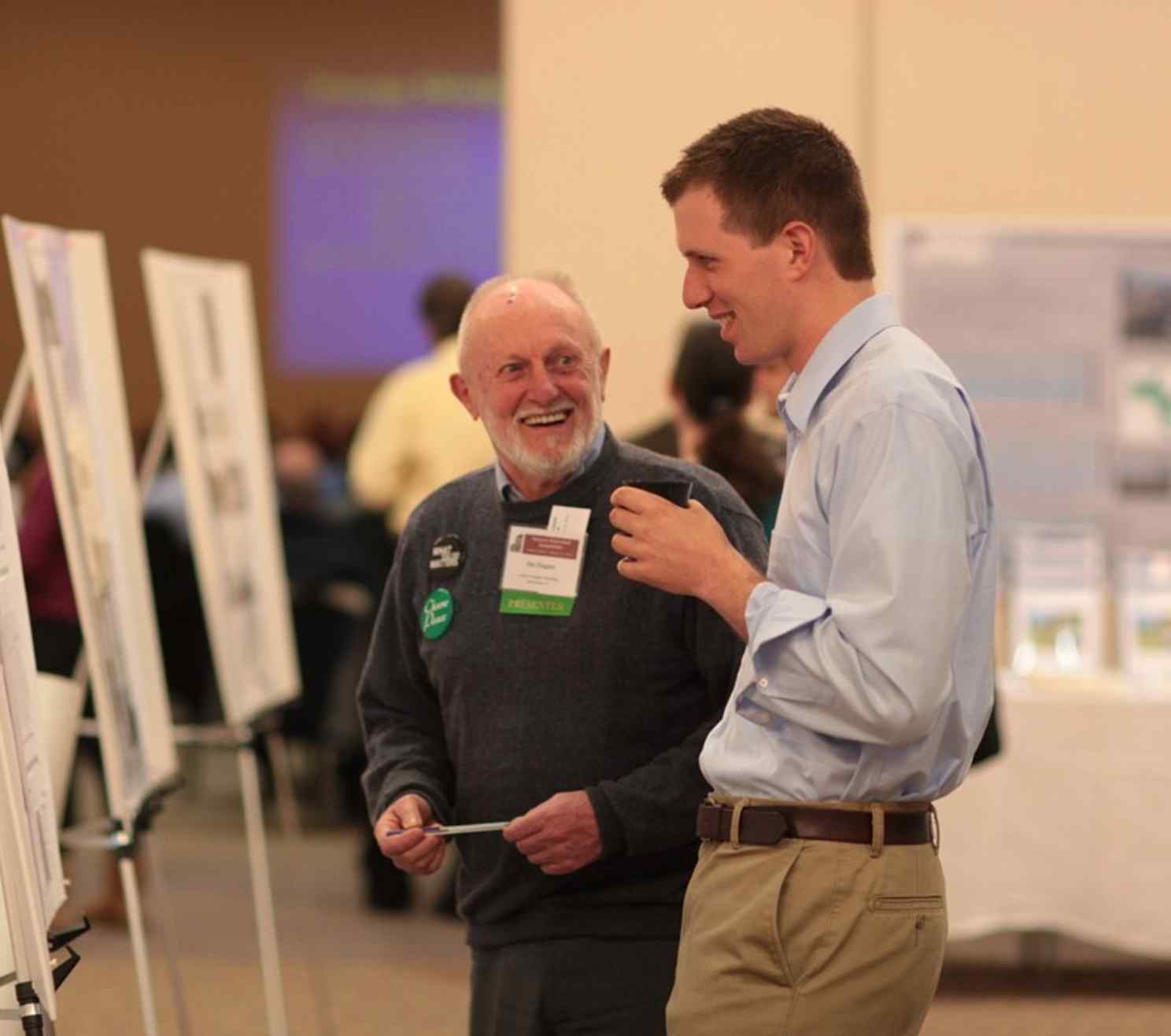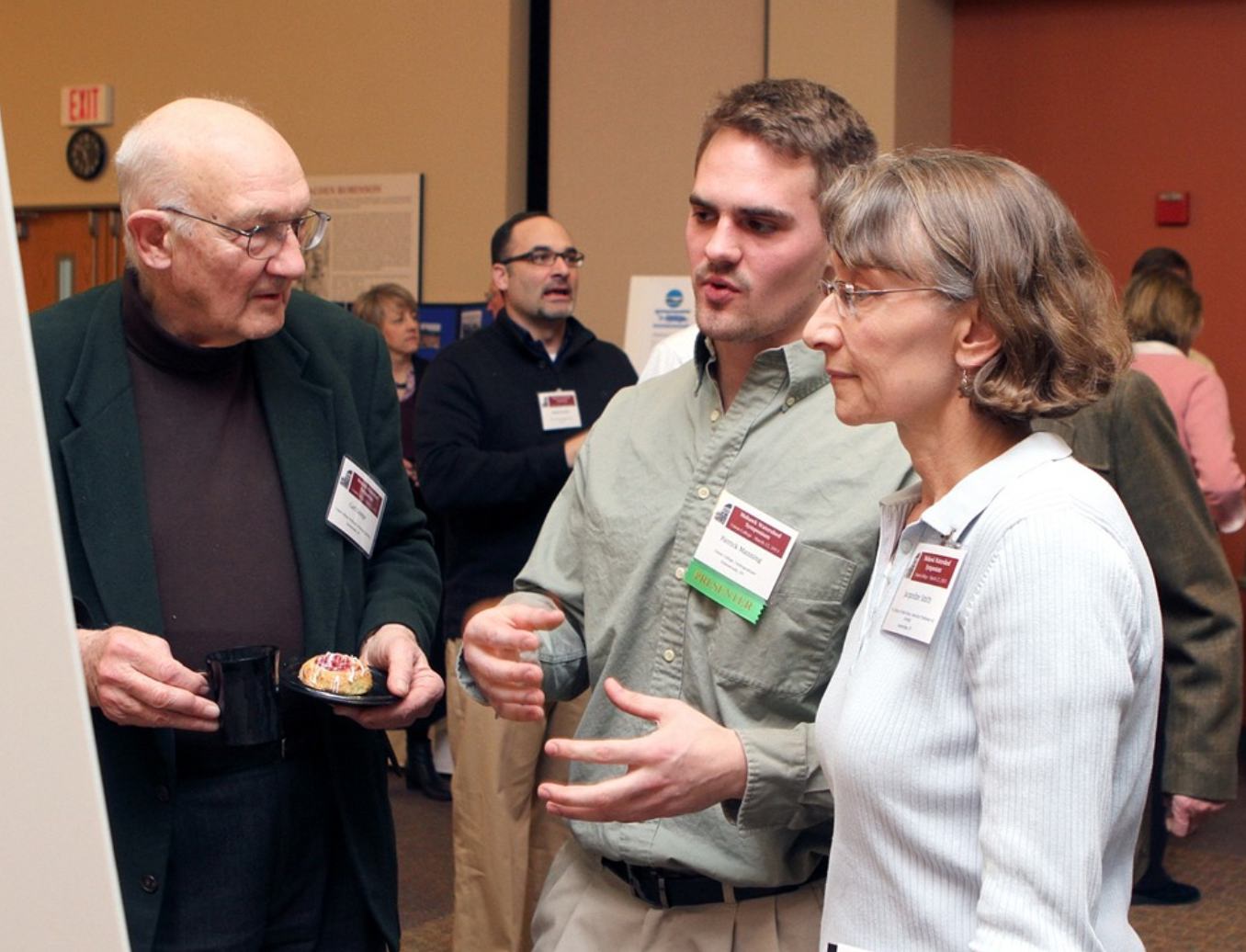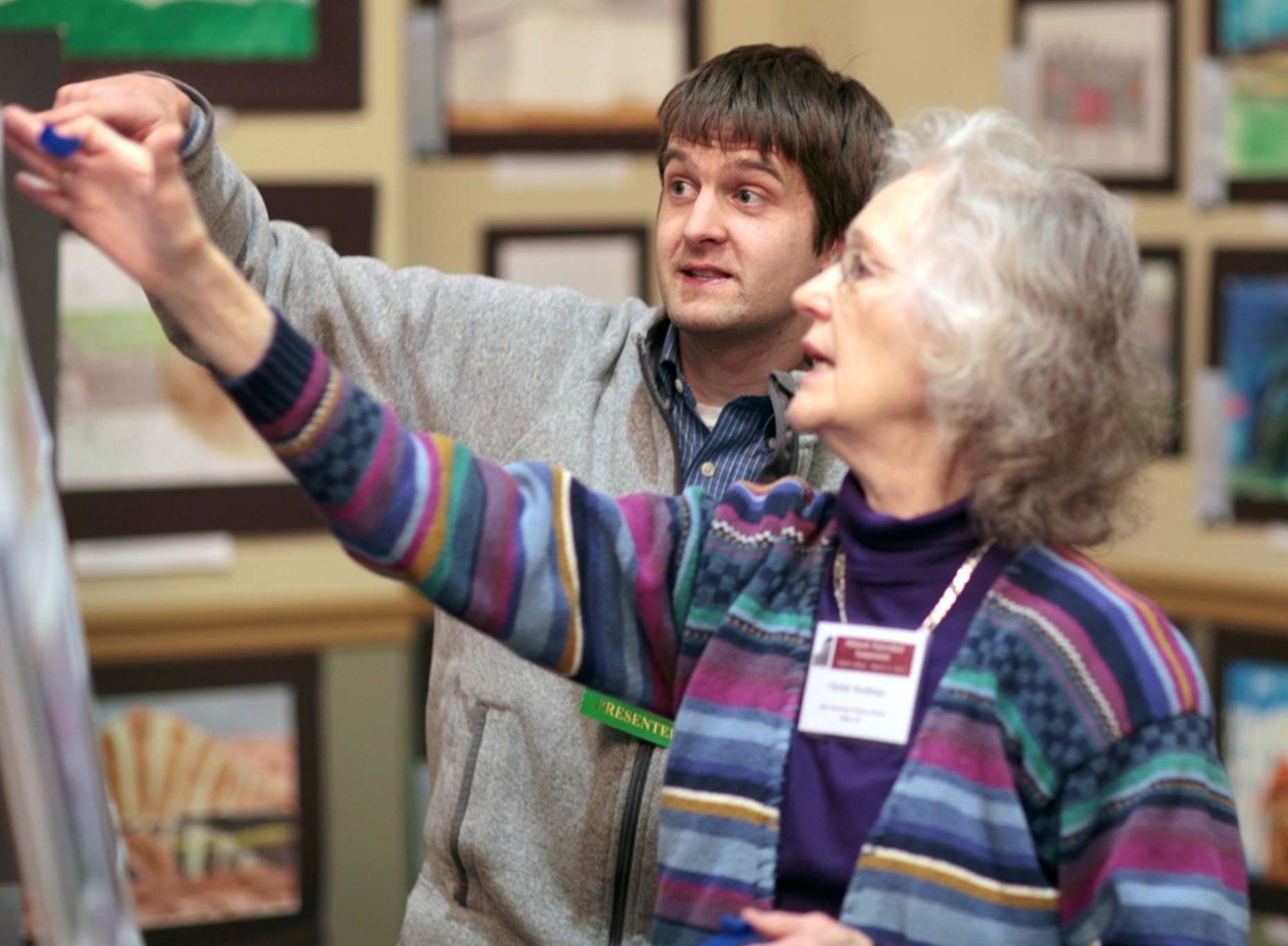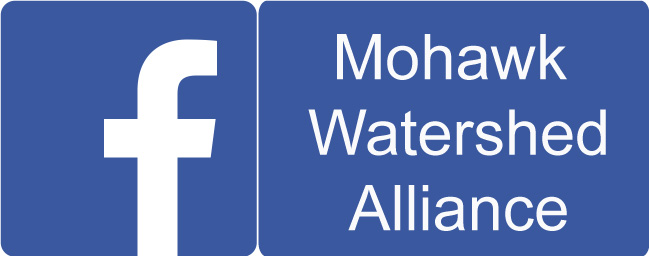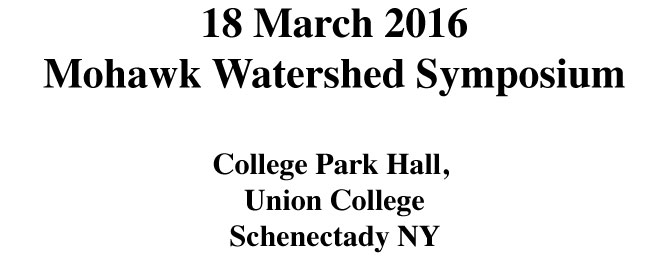
This meeting has passed. Thanks to all who attended.
PHOTOS from the meeting are here.
The 2017 Mohawk Watershed Sympoisum page is HERE.
Reconnect with friends and colleagues working in the basin, and get up to speed with the latest developments in the watershed. The Geology Department at Union College will host the Eighth Symposium on the physical aspects of the Mohawk Watershed in New York State. The scientific program and timing of theme sessions have been shaped by submitted abstracts and invited talks. The meeting highlights recent and on-going work in the watershed during oral and poster presentations and technical sessions.
The day long conference will be followed by a reception and banquet with the Keynote speaker. We continue to place more emphasis on poster presentations, which means a reduction in the number of slots of volunteered oral talks, and an increase the number of posters and the time for posters.
_______________________________________________
KEY ITEMS
- Abstract Deadline was 26 February 2016 (details and instructions here)
- Registration is CLOSED (we cannot take on-site registration).
- See notes for preparation for Talks and Posters
- Keynote and Invited speakers listed below
- The Program and Schedule is now posted (presentations listed below)
FULL Program and Extended abstracts can be DOWNLOADED from Researchgate.
_______________________________________________
SPEAKERS
New York State Flood Risk Management Standard (invited)
William Nechamen, NYS Department of Environmental Conservation, Albany NY
Flood of January 19-20, 1996: 20 Years Later
Britt E. Westergard, NOAA/National Weather Service Weather Forecast Office, Albany, NY
Bald Eagles and the Mohawk: Video captures the Watershed
Mike Lemery, Filmaker, Schenectady, NY
Quantifying Early Anthropocene Landscape Change and its Effects on Watershed Processes in southern New England (invited)
William Ouimet, Geology, University of Connecticut, Storrs, CT
Microplastic Pollution in the Mohawk and Hudson Watersheds (invited)
Jacqueline Smith, Geology, College of St Rose, Albany, NY
The Mohawk River as a “Reference” River for Ecological and Contaminant Studies on the Hudson River: Density and Abundance of Mink
Sean S. Madden, NYS Department of Environmental Conservation, Albany, NY
Response of Fish Assemblages to Seasonal Drawdowns in Sections of the Mohawk River-Barge Canal System
Scott George, U.S. Geological Survey, New York Water Science Center, Troy, NY
The Future of the Mohawk River (invited)
Robert H. Boyle, Founder of Riverkeeper and the Hudson River Fdn. for Science and Env. Research
Water: A Commodity or a Human Right?
Ashraf M. Ghaly, Department of Engineering, Union College, Schenectady, NY
Retrospection and Anticipation: The Evolution of Citizen Action in the Schoharie/Mohawk Watershed (invited)
Howard Bartholomew, President Dam Concerned Citizens
The Barge Canal: Why Was It Built and What It Did (invited)
Simon Litten, Environmental Consultant
Mohawk River Watershed Management Plan Update (invited)
Pete Nichols, Chairman, Mohawk River Watershed Coalition
Mohawk River Water Quality Snapshot: 121 Miles in 24 Hours (invited)
Dan Shapley, Water Quality Program Manager, Hudson Riverkeeper
What’s ‘Out of Sight’ Cannot be ‘Out of Mind' (Plenary Address)
Congressman Paul Tonko, 20th District of New York
Keynote Introduction and Address: The Mohawk River is important to the North Atlantic
Keynote Speaker: Karin Limburg, Professor, SUNY ESF, Syracuse, NY
Past Keynote addresses are detailed here.
_______________________________________________
POSTER PRESENTATIONS
Uranium in Shale of the Utica Shale and Schenectady Formation, Lower Mohawk Valley NY: implications for groundwater
Matt Amatruda* and John I. Garver, Geology Department, Union College Schenectady NY
Fort Plain Flood of June 28th 2013: Determining vulnerable sites to flood risk using LiDAR and GIS
L.A. D’Orsa*, J.M. Langella, J.P. Saket, and A.E. Marsellos, Department of Geology, Environment, and Sustainability, Hofstra University, Hempstead, NY
The Vischer Ferry Dam (Lock E7) Reservoir Induces Flooding in the Schenectady Area: Issue, analysis of conditions, and a solution
James E. Duggan, Consultant (retired registered architect/urban planner)
Understanding the Influence of Hurricane Irene on the Hydrodynamics and Sediment Transport in the Mohawk and Hudson Rivers, NY
Christopher S. Fuller*, James S. Bonner, M.S. Islam, and William Kirkey, Department of Civil and Environmental Engineering, Clarkson University, Potsdam, NY
The Fall of Peak Oil and the Rise of Peak Water
Ashraf M. Ghaly, Department of Engineering, Union College, Schenectady, NY
Determining the Provenance and Life Histories of Blueback Herring in the Mohawk River
Cara E. Hodkin* and Karin Limburg, Department of Environmental and Forest Biology, SUNY College of Environmental Science & Forestry, Syracuse, NY
Monitoring the Hudson and Beyond with HRECOS: The Hudson River Environmental Conditions Observing System
Gavin M. Lemley* and Alexander J. Smith, NY State Dept. of Environmental Conservation, Hudson River Estuary Program/NEIWPCC, Albany, NY
Two Methods for Determining the Extent of Flooding During Hurricane Irene in Schenectady, NY
A. Lewis*, E. Weaver, E. Dorward, and A. Marsellos, Department of Geology, Environment, and Sustainability, Hofstra University, Hempstead, NY
Future of Water Quality Sampling along the Mohawk River: Blitz 2016
John Lipscomb, Dan Shapley, Jen Epstein, Barbara Brabetz, Neil Law, and Jason Ratchford*, Fisheries & Aquaculture, SUNY Cobleskill, Cobleskill, NY
Data Mining for Immediate Decision Making in Flood Hazard Events: An application at Mohawk Watershed in New York
A.E. Marsellos*, K.G. Tsakiri, and A. Kavalieros, Department of Geology, Environment, and Sustainability, Hofstra University, Hempstead, NY
Implementation of the Mohawk River Watershed Management Plan
Win McIntyre, Katie Budreski, and Pete Nichols*, Mohawk River Watershed Coalition
Environmental Study Teams: A Community Based Approach to Local Water Quality Monitoring and Youth Development Skills Training throughout the Mohawk River Basin.
John McKeeby* and Scott Hadam, Schoharie River Center, Burtonsville, NY
The Northeast Stream Quality Assessment
Karen R. Murray*, James Coles and Peter Van Metre, U.S. Geological Survey, New York Water Science Center, Troy, NY
Rapid Bioassesment of Cobleskill Creek Prior to Stream Restoration Efforts: Establishing a Reference Reach to Monitor the Recovery of Stream Biotic Integrity
Giovanni Pambianchi*, Robin LaRochelle and Carmen Greenwood, Department of Fisheries, Wildlife & Environmental Sciences, SUNY Cobleskill, Cobleskill, NY
Flooding of the Mohawk River at Lock 12 in Fort Hunter, NY, during Hurricane Irene (August 28-29th, 2011)
A. Sisti*, E. Combs, and A.E. Marsellos, Department of Geology, Environment, and Sustainability, Hofstra University, Hempstead, NY
Reconnecting Waters for Eels and River Herring: A mediated modeling approach to assess receptivity to dam removal in the Hudson-Mohawk Watershed
Kayla M. Smith*, Karin E. Limburg, Andrea M. Feldpausch-Parker, and Alexander J. Smith, Department of Environmental and Forest Biology, SUNY College of Environmental Science and Forestry, Syracuse, NY
Evaluation and Analysis of the Environmental Impact of the June 28, 2013 Flood in Herkimer, New York Using GIS and Other Reconstructive Data
B. Swan*, A.T. Yankopoulos, and A.E. Marsellos, Department of Geology, Environment, and Sustainability, Hofstra University, Hempstead, NY
Investigating Annual Sediment Loads in Schoharie Creek Following Tropical Storms Irene and Lee
Jesse Van Patter* and Jaclyn Cockburn, Department of Geography, University of Guelph, Guelph ON, Canada
Effects of Stream Restoration Activities on Turbidity Levels
Christopher Wright* and Andrew Gascho Landis, Department of Environment and Energy Technology, SUNY Coblskill, Cobleskill, NY
_______________________________________________
TECHNICAL ISSUES FOR POSTERS, TALKS, and ABSTRACTS
Here are the requirements for POSTERS, TALKS, and Here are the ABSTRACT requirements (mainly formatting for submission). Submitted contributions in the form of extended abstracts are required for either oral or poster presentations. The abstract volume will be available to registered participants at the meeting and wiil then be available here as a downloadable PDF. All presentations, whether oral or poster, are required to have an accompanying abstract that must pass review. Please see abstracts from previous years if submitting for the first time.
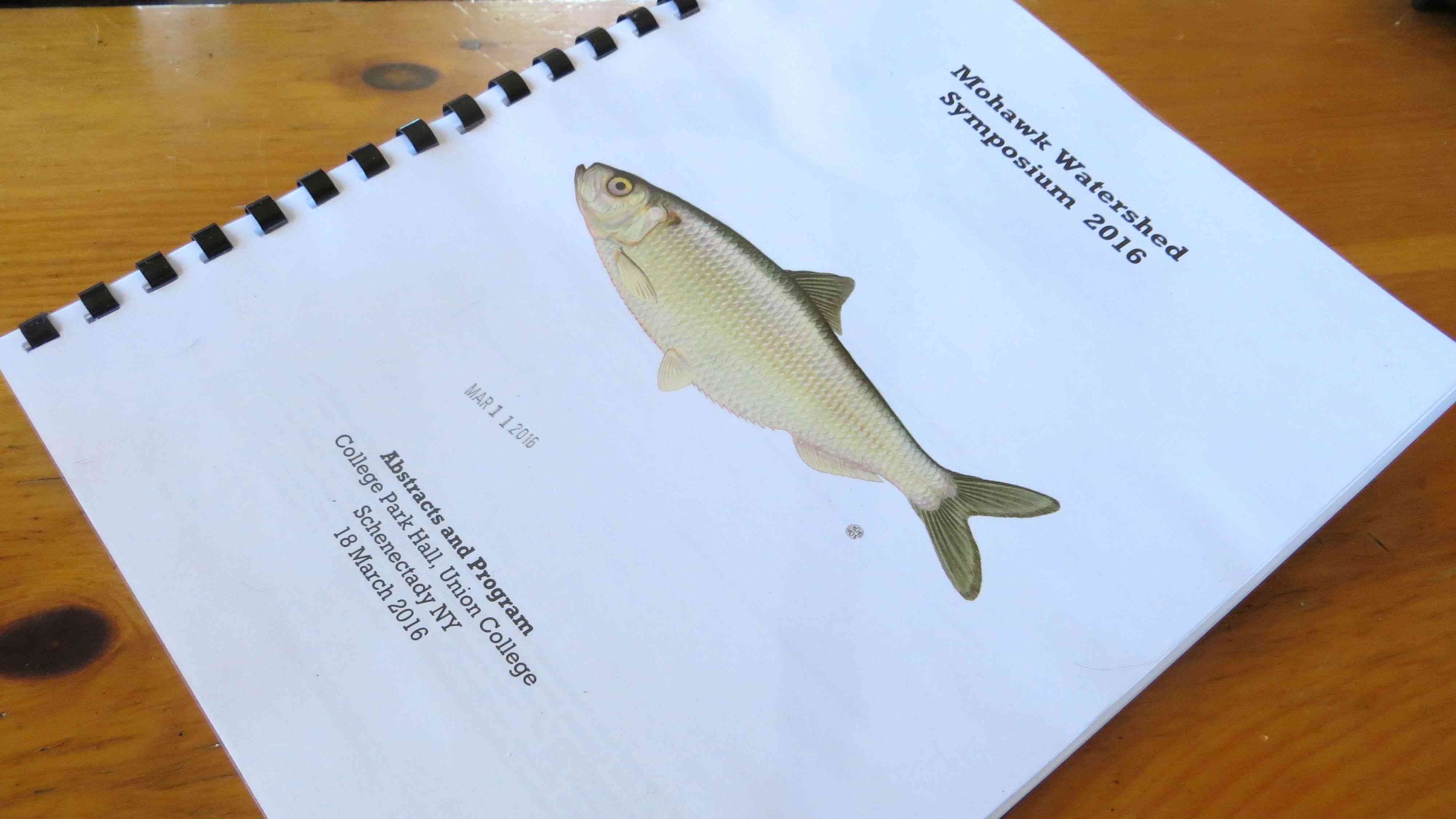
_______________________________________________
FEES and REGISTRATION
The link for Registration is below. Pre-registration for this meeting is required. Badges will be provided at registration, and are required for entrance to the meeting. Registration fee includes lunch and coffee/tea at breaks. The banquet and Keynote address is a ticketed event.
REGISTER HERE (open as of 18 January 2016)
Professional $20; Students $10. REGISTRATION AFTER 1 March: $35.
Registration on Day of Meeting: $50
Banquet registration is now closed.
Pre-registration and prepayment for this meeting is required.
Registration fees cover coffee/tea breaks, lunch, and abstract volume.
Please register early for this meeting, it helps us precisely plan catering orders.
_______________________________________________
PARKING, CAMPUS ORIENTATION, and ACCOMMODATION
Plenty of parking is available on campus. This meeting is at the end of exam period, so the campus will have few students. Download this map for parking areas that will be open and available ("P"), but there is a large parking lot at College Park. Detailed directions to the Campus are here. Union College has a number of suggestions for places to stay that are close to the College. There is no designated hotel for this conference.
_______________________________________________
CONTACT INFORMATION
Program Chairs and coordination:
Jaclyn Cockburn, Department of Geography, University of Guelph, Guelph, Ontario Canada; +1,519-824-4120 Ext. 53498; jcockbur @guelph.ca (remove spaces)
John Garver, Department of Geology, Olin Building, Union College 807 Union ST Schenectady, NY 12308-2311, USA +1, 518-388-6770 (Office) +1, 518-388-6770 (main office) +1,518-388-6417(fax) Email: garverj @ union.edu (remove spaces in email address).
Deb Klein, Technical Assistance and Registration, 310 Olin Bldg, Union College. 518-388-6770: Email: kleind2 @ union.edu (remove spaces in email address).
Katherine Czajkowski, Mohawk Watershed Coordinator Mohawk River Basin Program NYS Water Resources Institute at Cornell University 1130 N. Westcott Road Rotterdam, New York 12306 518-357-2383 518-357-2398 (fax) Email: Katherine Czajkowski <katherine.czajkowsk @ dec.ny.gov> (remove spaces in email address).
Mailing address:
Geology Department,
Union College,
807 Union ST,
Schenectady NY, 12308-2311
_______________________________________________
Join the Discussion and keep up with news all year long
Mohawk Watershed Alliance
_______________________________________________

INFORMATION FROM PAST CONFERENCES
Abstracts and web pages from previous conferences are here
Note that all photographs on this page are copyright protected.
.

